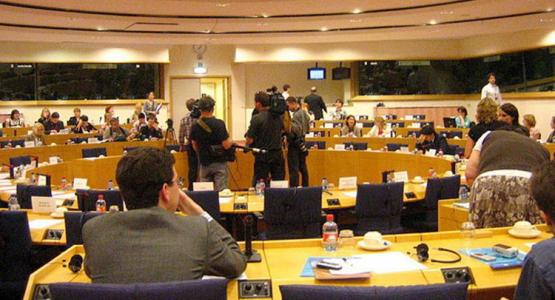
Goal of Promoting Work-Life Balance Could Backfire Against Religious Minorities, Experts Say
At the Second Conference on Work-Free Sundays and Decent Work, the alliance launched a pledge targeting current and future members of the European Parliament, asking lawmakers to promote legislation that “respects” Sunday as a “day of rest” and guarantees fair work hours.
Story by ANN Staff
An alliance promoting work-life balance and social cohesion in Europe reiterated its call for work-free Sundays at a conference in Brussels, Belgium last month.
The European Sunday Alliance, a coalition of national Sunday alliances, trade unions, civil society organizations and faith communities established in 2011, is gaining some traction in the European Parliament but continues to trouble religious liberty advocates.
At the Second Conference on Work-Free Sundays and Decent Work, the alliance launched a pledge targeting current and future members of the European Parliament, asking lawmakers to promote legislation that “respects” Sunday as a “day of rest” and guarantees fair work hours.
“A work-free Sunday and decent working hours are of paramount importance for citizens and workers throughout Europe,” a document distributed by the alliance said, adding that extending the workweek to “late evenings, nights, bank holidays and Sundays” is jeopardizing the health, safety, family and private lives of employees.
The alliance also argues that a longer workweek with fewer holidays isn’t the answer to Europe’s entrenched financial woes—instead it favors job creation and competiveness.
“Competitiveness needs innovation, innovation needs creativity and creativity needs recreation,” the document states.
Economic arguments aside, religious minorities in Europe—among them Muslims, Jews and Seventh-day Adventists—worry the proposal could infringe on free expression of religious beliefs, despite its seemingly well-intentioned goals of reducing stress and overwork.
Read the rest of the article here.

Add new comment